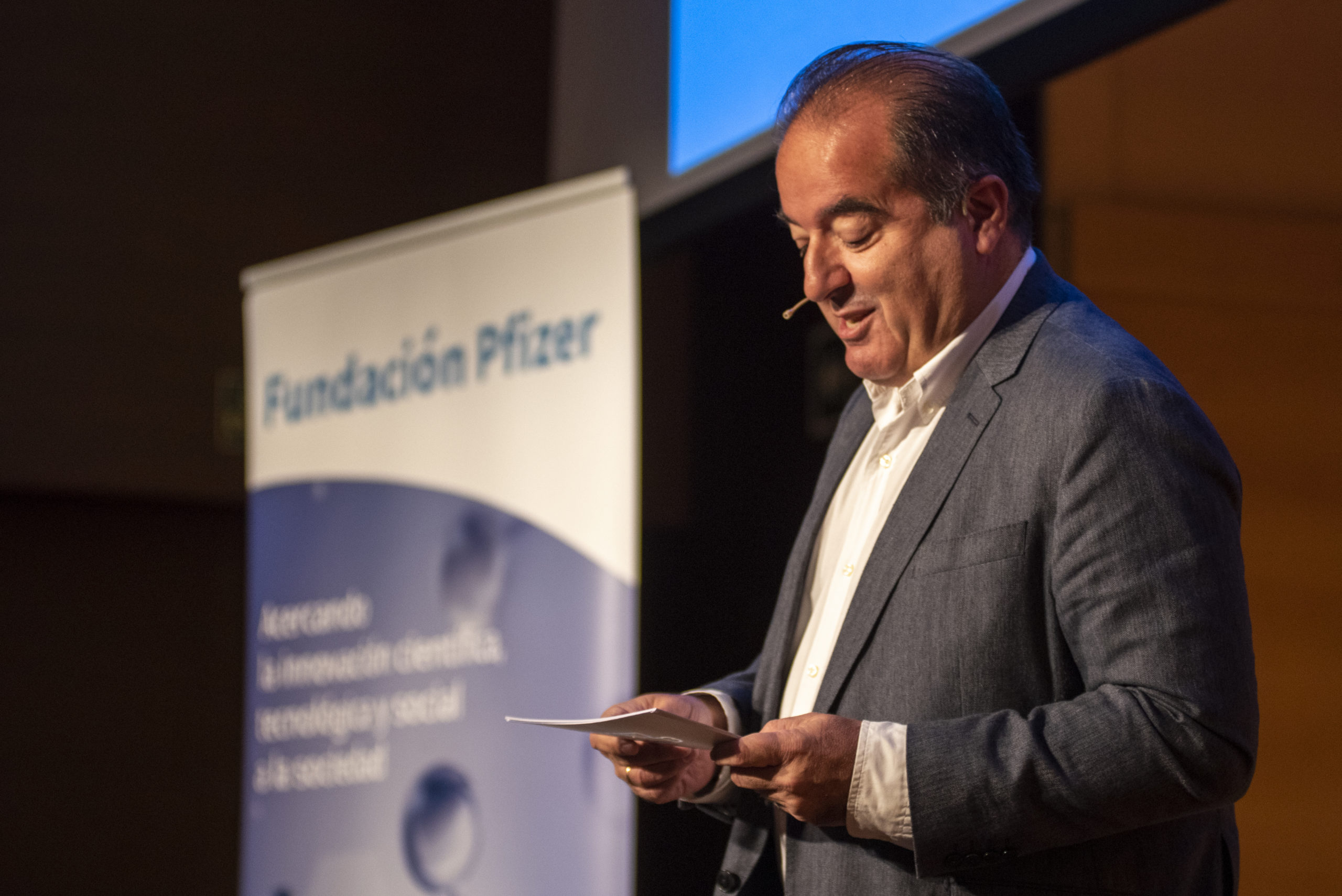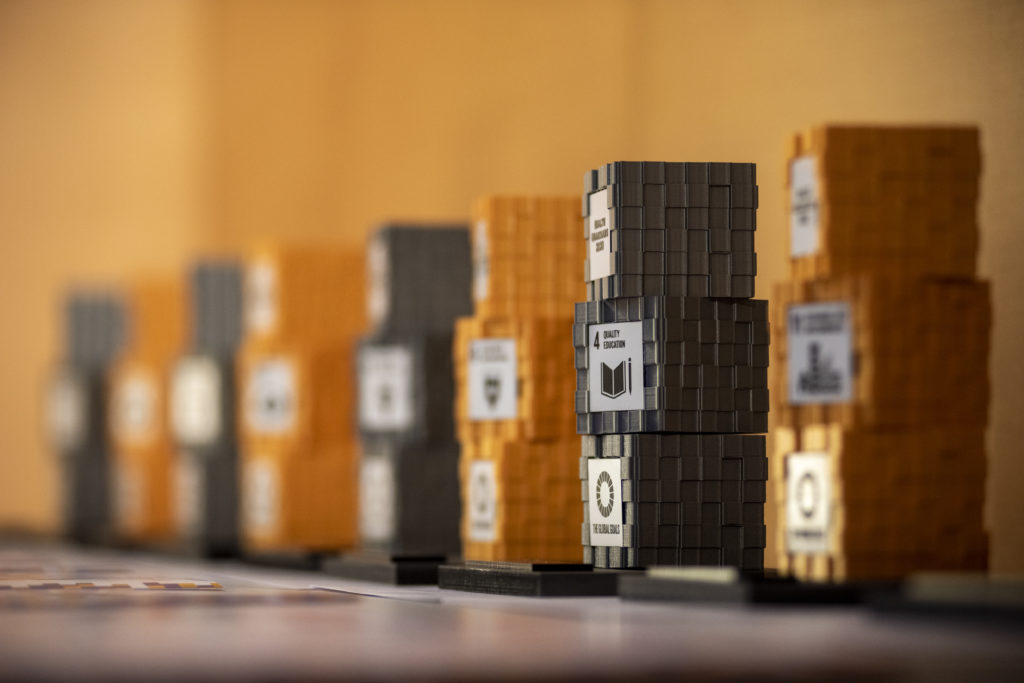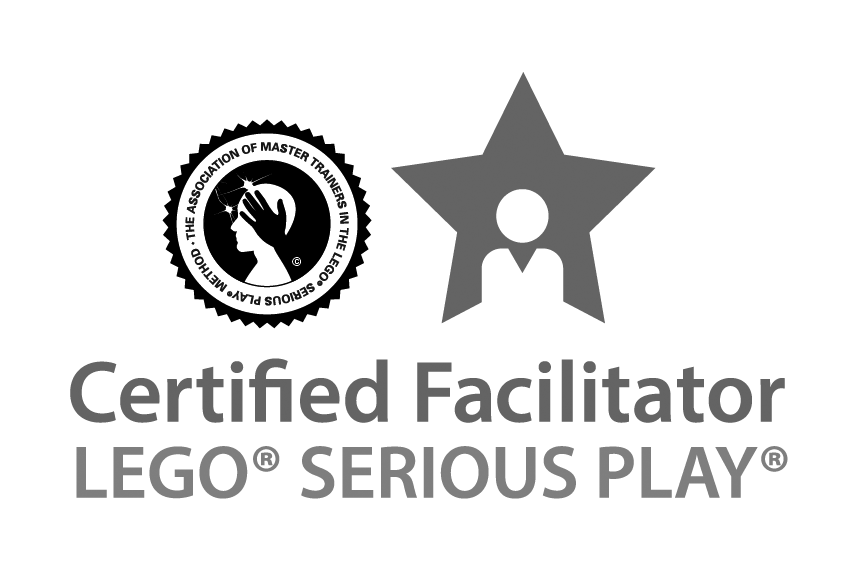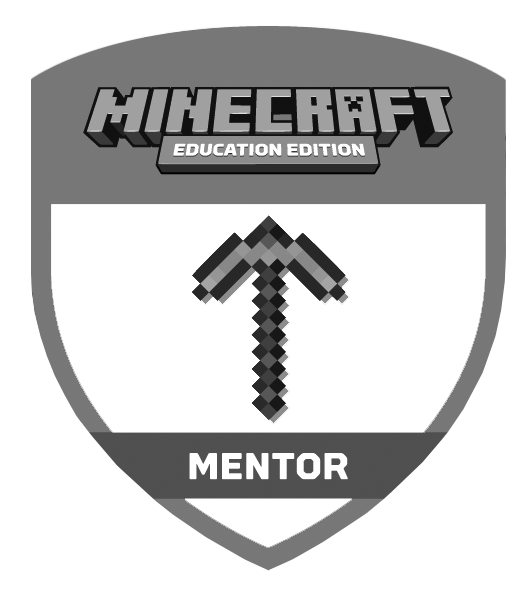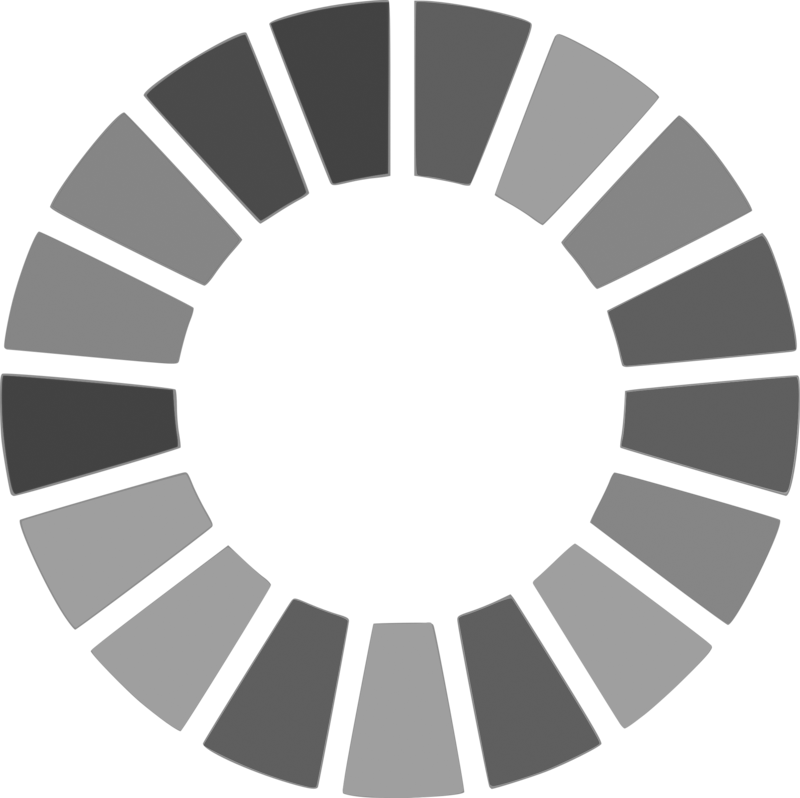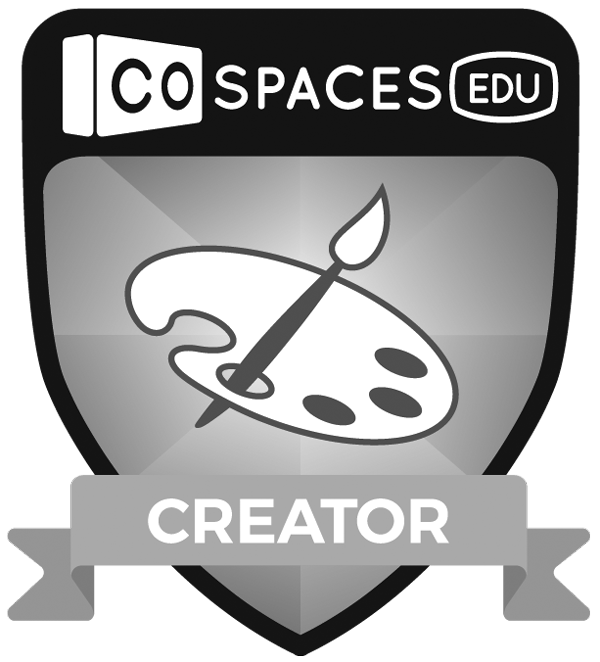Saturday morning. The auditorium of MUNCYT It is immersed in darkness, barely shaded by the faint reflection of the projection screen. Suddenly, a flash of bluish light illuminates the stage and makes the surprised eyes of a young student who holds a test tube in his hand shine. The room lights up after a few seconds, giving way to the applause of an audience excited about the luminescence experiment they have just witnessed.
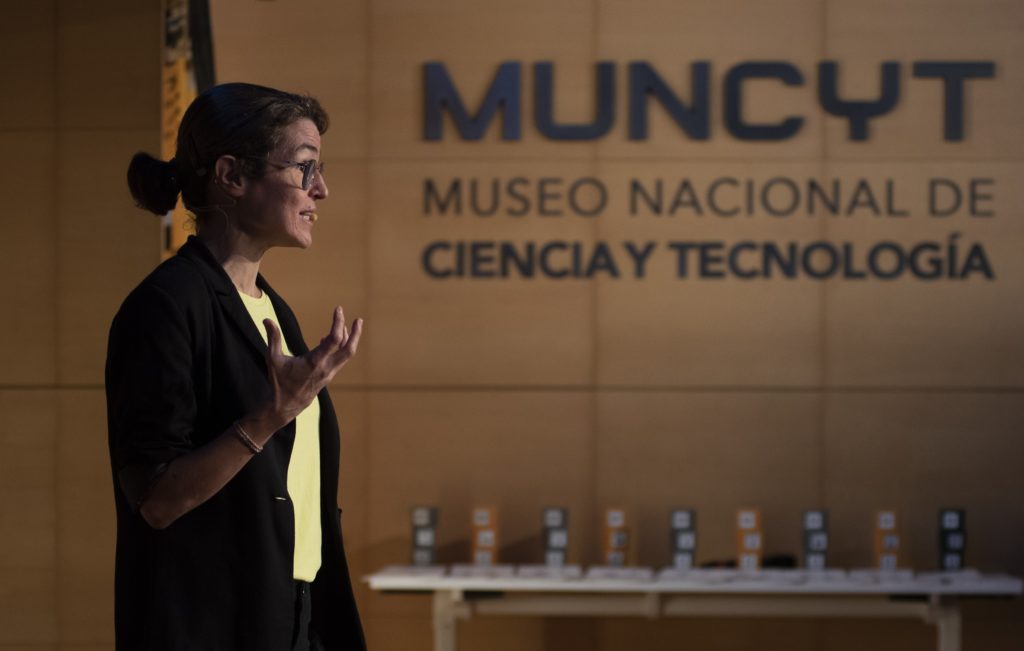
All of them are the winners of the 3rd edition of the challenge Health Guardians 2030, the STEAM sustainability awareness program, promoted by the Pfizer Foundation In collaboration with IGNITE Serious Play. Accompanied by their families, teachers and friends, these hard-working Guardians enjoyed a very special day on June 3 in which they were rewarded for their dedication during the three months in which they have worked hard with the challenges launched by the organizers.
Without a doubt, the initiative is in excellent health, in view of the success of participation that continues to grow year after year. This time there have been more than 6.000 students distributed in 80 educational centers who have solved the 17 tests, related to the Sustainable Development Goals, that awaited them in the worlds of Minecraft Education. In this lively celebration there was no shortage of surprises from the hand of the scientific promoter and disseminator. Helena Gonzalez, from the collective Big Van Science, from the president of the Pfizer Foundation, Sergio Rodriguez and from the director of IGNITE Serious Play, Jordi Carrasco.
In this sense, the president of the Pfizer Foundation wanted to thank the growing involvement of educational centers and teachers in the 'Health Guardians 2030' project, “the efforts of all teachers who are involved in this type of initiatives is essential for Arouse the curiosity and interest of young people. It is everyone's responsibility to help build spaces where the development of ideas, cooperation, debate and critical thinking are promoted, since the future of science and innovation is found in the classrooms."
Along these lines, Jordi Carrasco has recognized that integrating education on sustainability and environmental awareness with entertainment is the recipe for success in bringing critical awareness to young people. “Each of the tests that the participating teams have overcome in the virtual world of Minecraft has connected them with a specific problem related to the Sustainable Development Goals,” he explained. “Their reaction has been to feel empowered and happy to see that their ideas and opinions are listened to and valued. This is, without a doubt, a clear example of the power of these new learning and co-creation environments.”
An edition marked by innovation
In this edition, the projects presented have stood out for their imagination and for thinking about alternative solutions to challenges linked to specific SDGs. Thus, among other ideas, totally sustainable houses have been proposed that are integrated into the landscape, taking advantage of natural isolation, generating energy and using water with totally renewable means. The creation of an “intergenerational laboratory” housed in a school classroom is another of the initiatives that has surprised by its originality, a space for exchanging technological knowledge, contributed by students, “in exchange” for life experiences and useful advice .
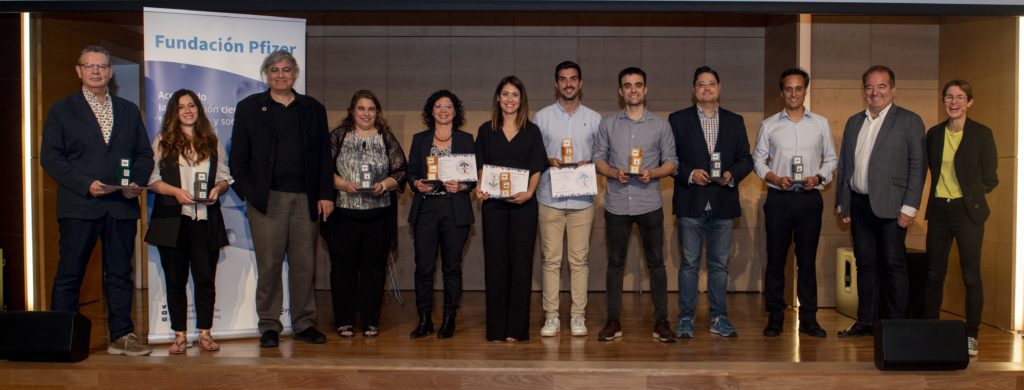
These have finally been the award-winning centers:
In the Primary Education category:
Best scientific team: CEIP Almotamid, from Seville.
Best technological equipment: CEIP Virgen de la Cabeza, from Canillas de Aceituno, Málaga.
Best innovation team: Maristes Valldemia School, Mataró, Barcelona.
Best communication team: Esclavas de María School, Almansa, Albacete.
In the Secondary Education category:
Best scientific team: IES Sanje de Alcantarilla, Murcia.
Best technological team: IES La Serranía, Valencia.
Best innovation team: Jesús María Sant Andreu School, Barcelona.
Best communication team: Marcelo Spinola School, Seville.
Special award
Best Minecrafter Team: Compañía de María School, Zaragoza.
One of the most anticipated novelties this year has been the Award for the most innovative proposal in Minecraft. Essentially, the teams have presented various challenges related to a specific SDG that they would like to see represented in Minecraft. In this case, the winning team “will go down in posterity” because their idea has ended up being built inside the virtual worlds of Health Guardians and will be part of the challenges that the participants will encounter in the next edition. Those who find it will see a commemorative plaque that remembers who its creators were.
As numerous teachers confirmed to us on the same day of the Awards Gala, the possibility of experiencing these challenges in “first person” makes it a truly memorable experience for the students, which awakens enthusiasm and emotions.
This has been the starting point that has led to a multitude of interesting debates and reflections in the class and has contributed to understanding that we are all part of the solution to achieve the objectives that we need to achieve in 2030. Being aware is, without a doubt, the first essential step before taking action.

